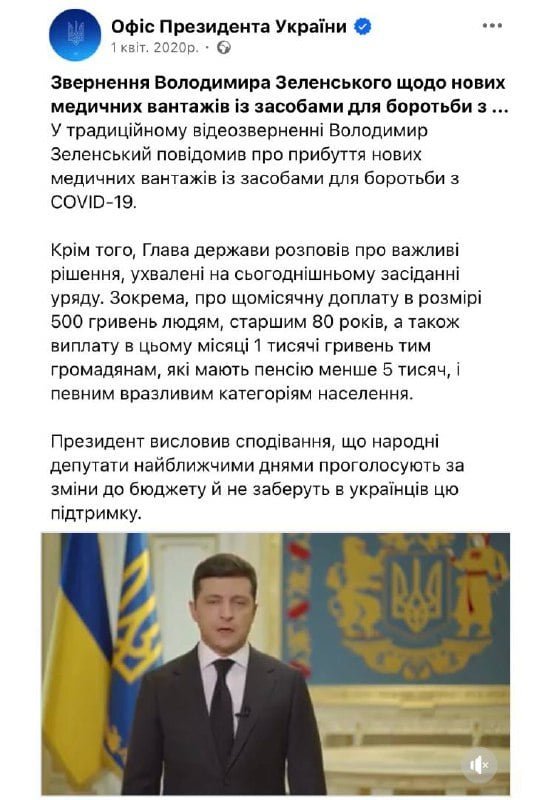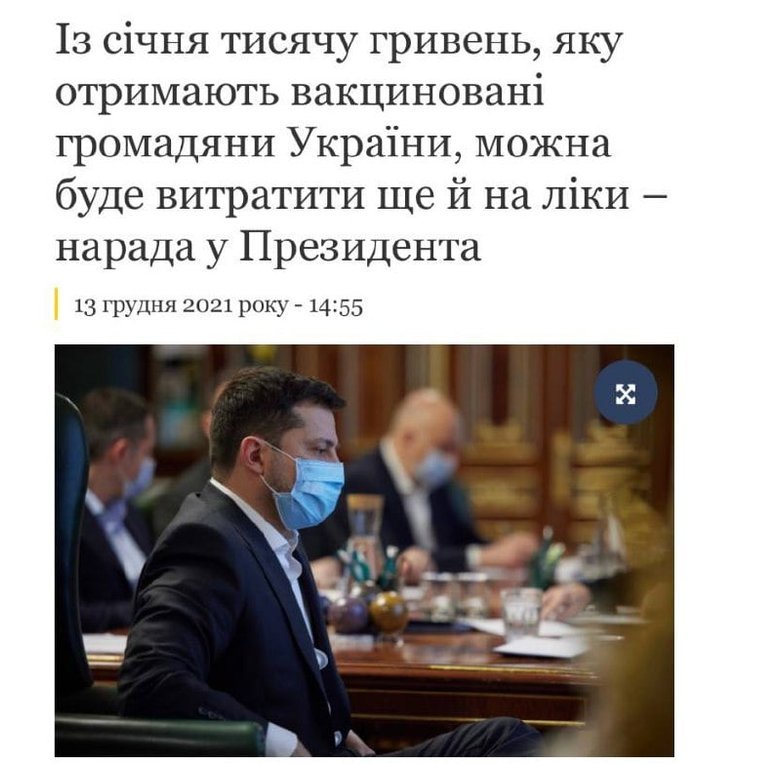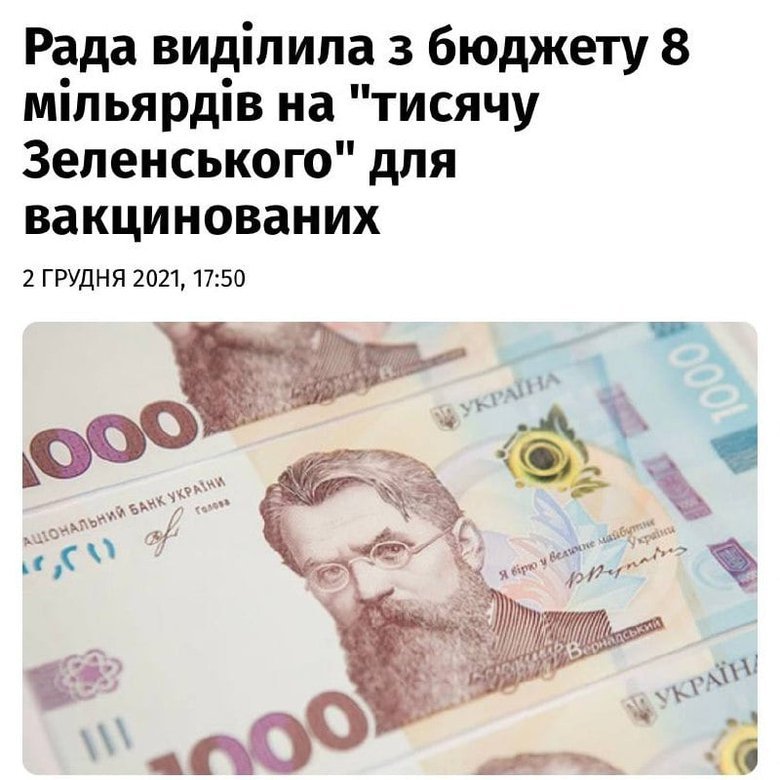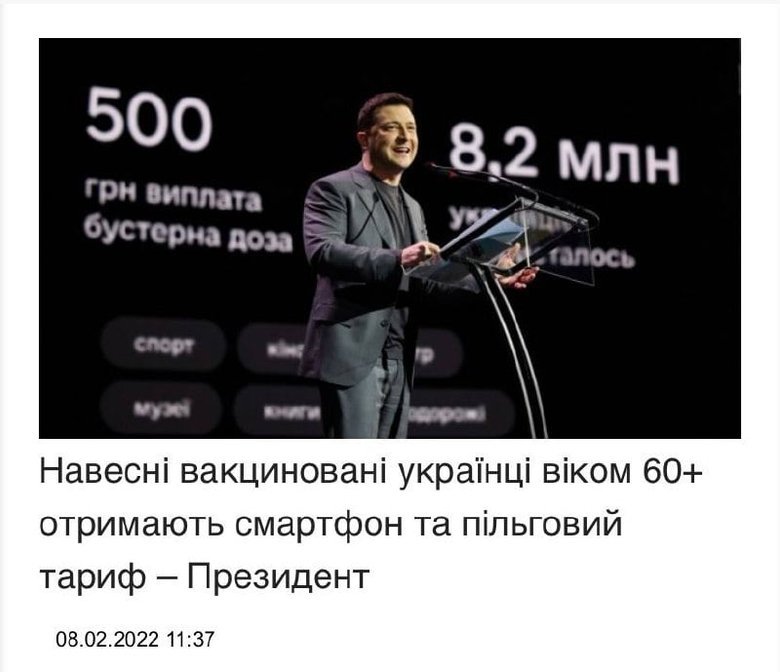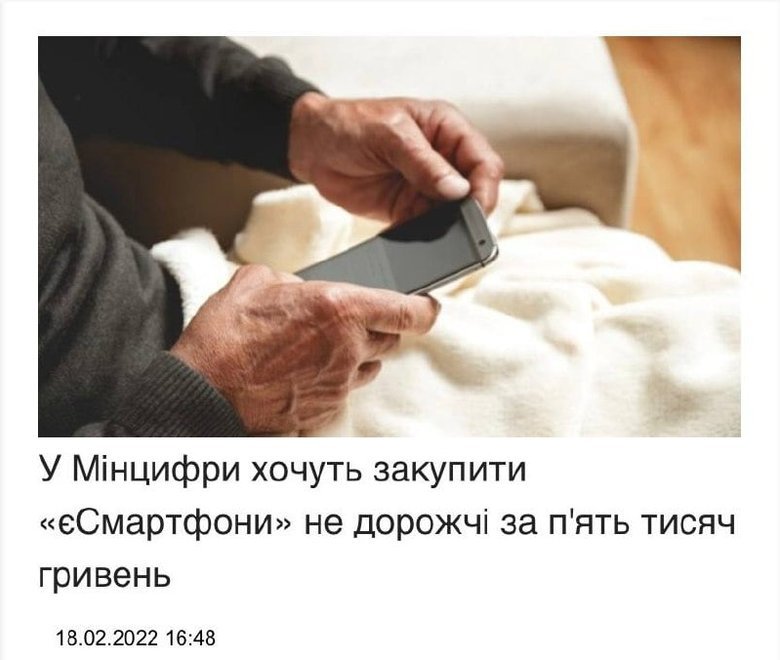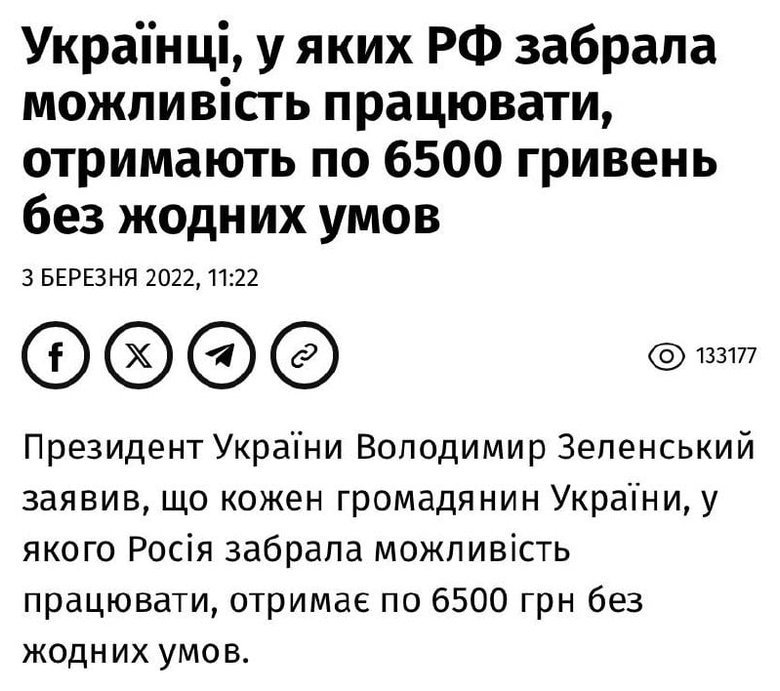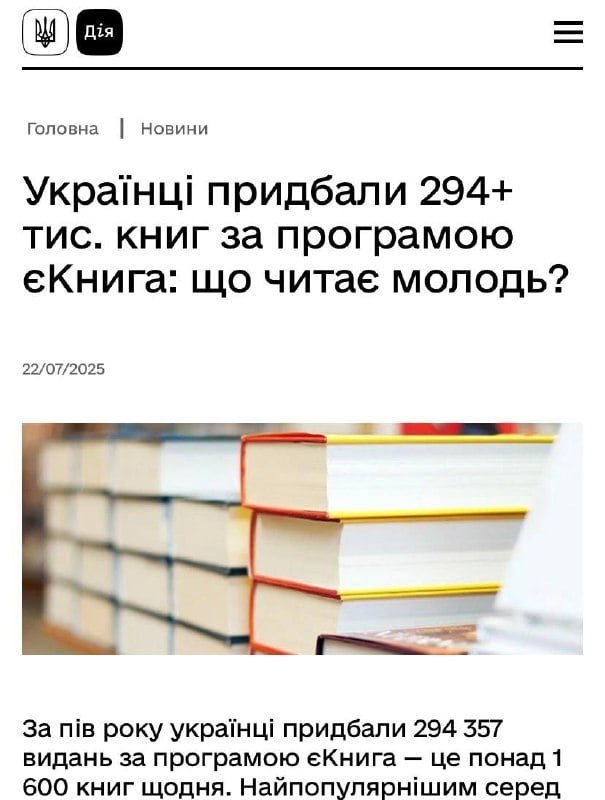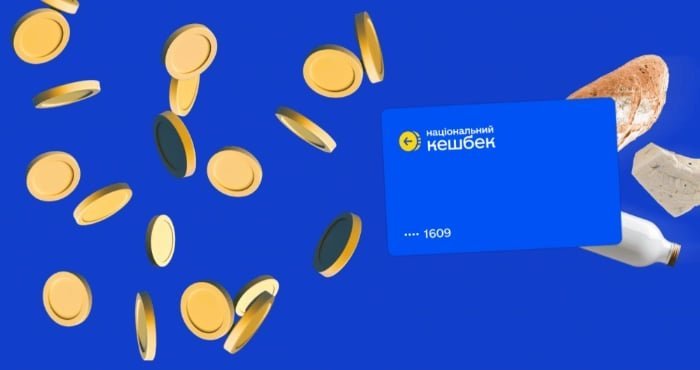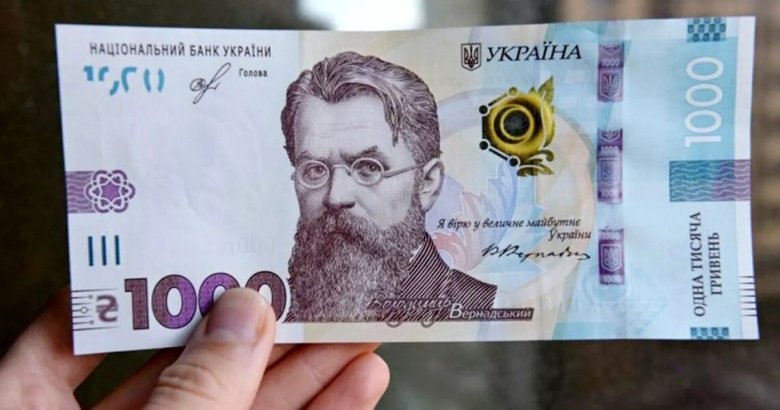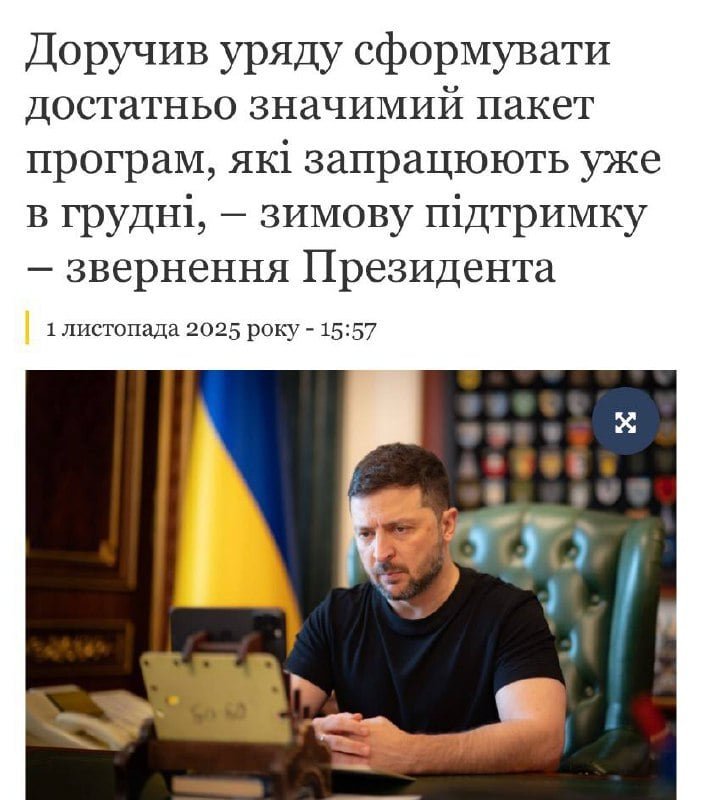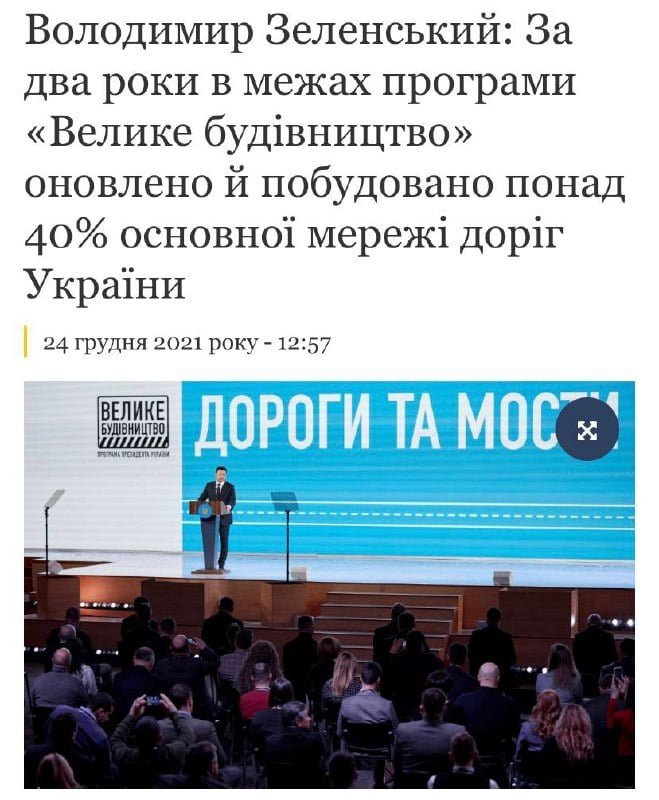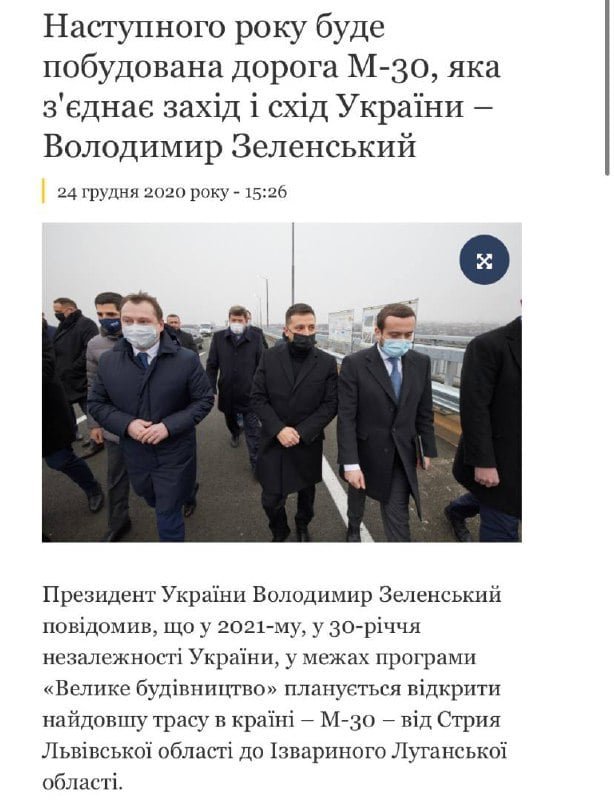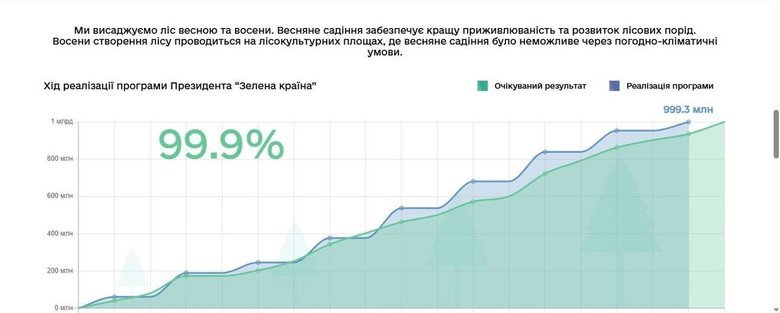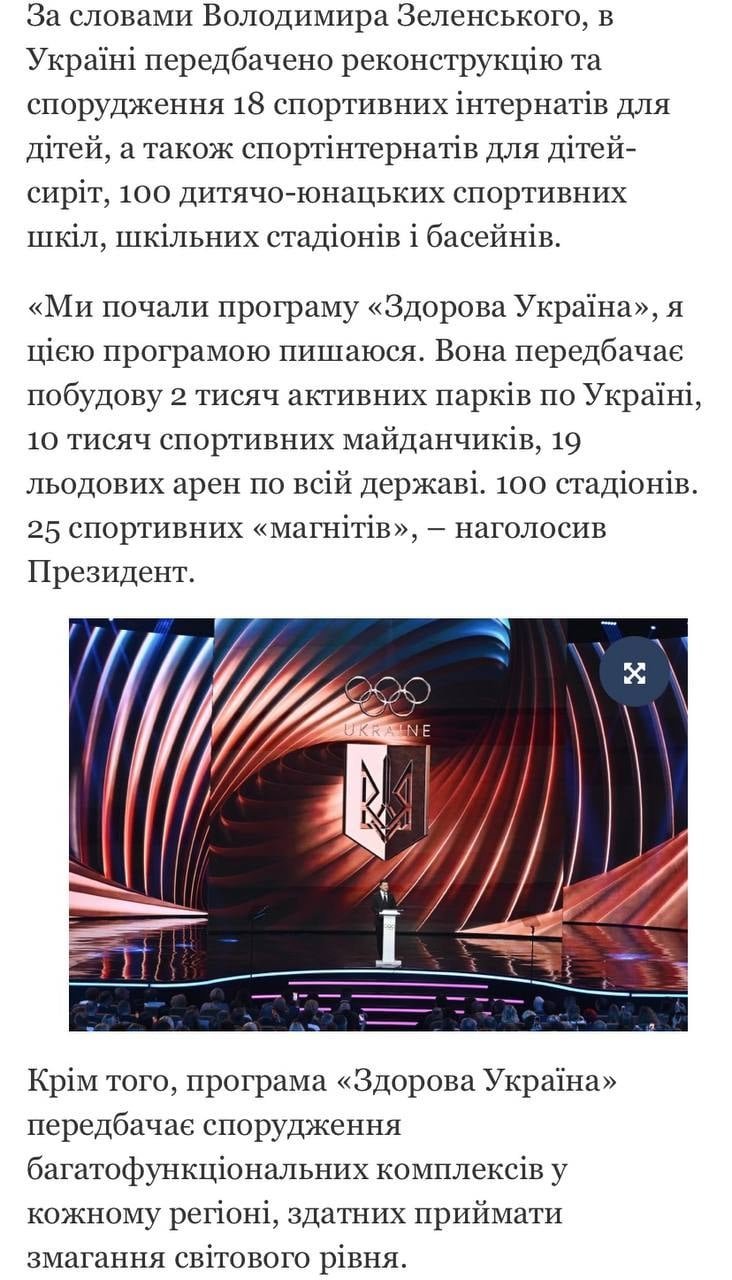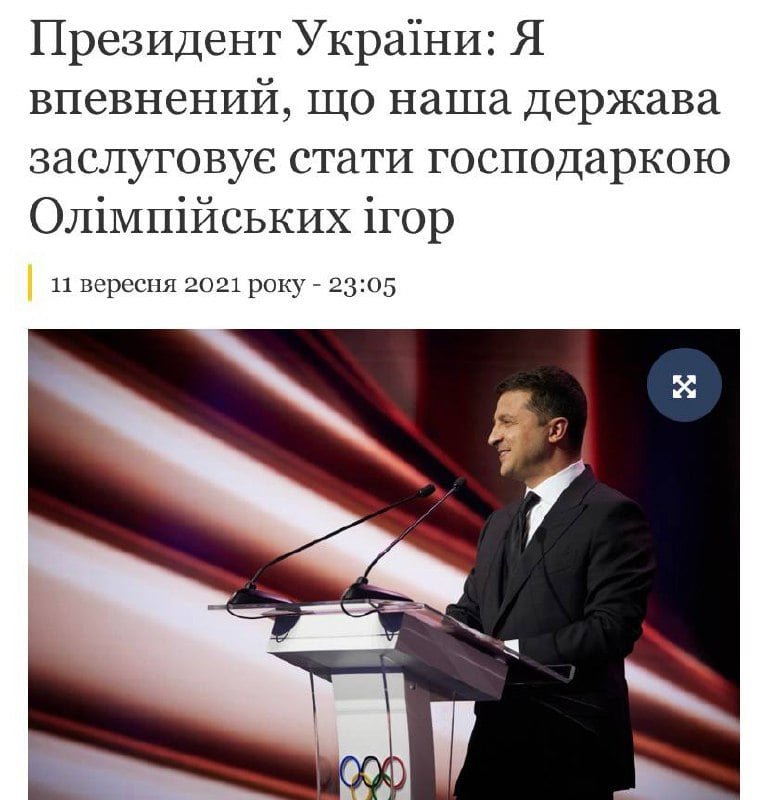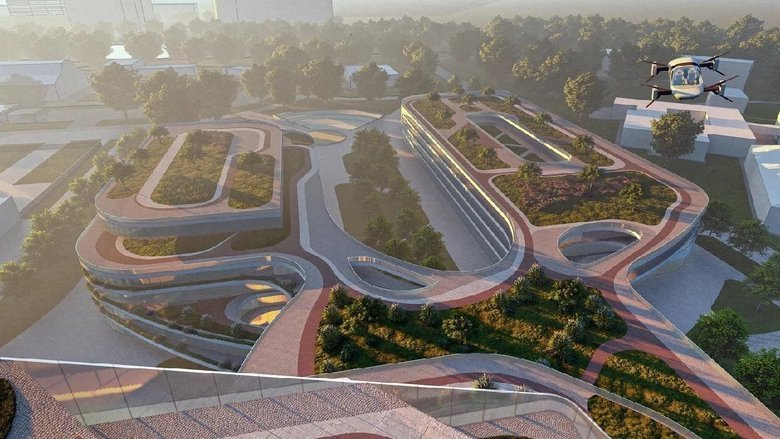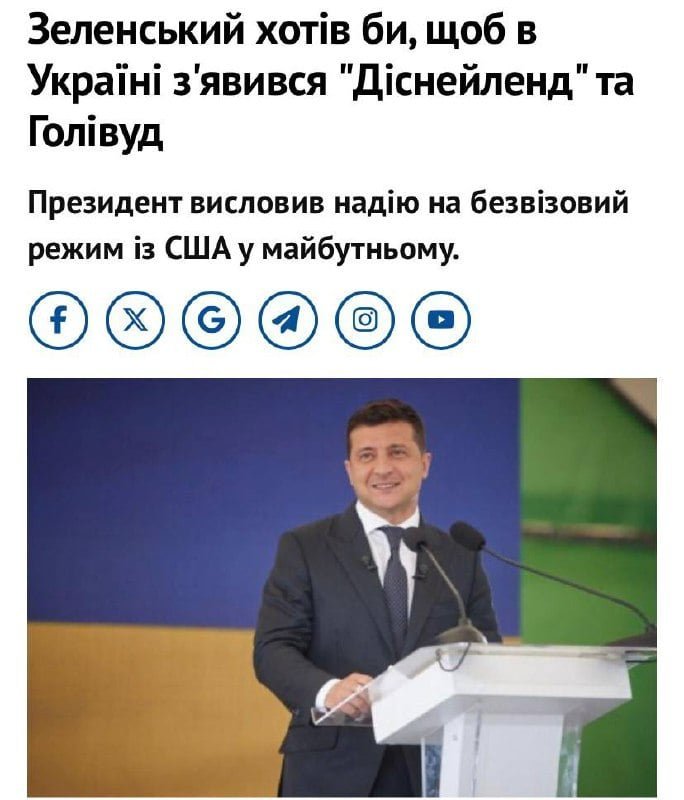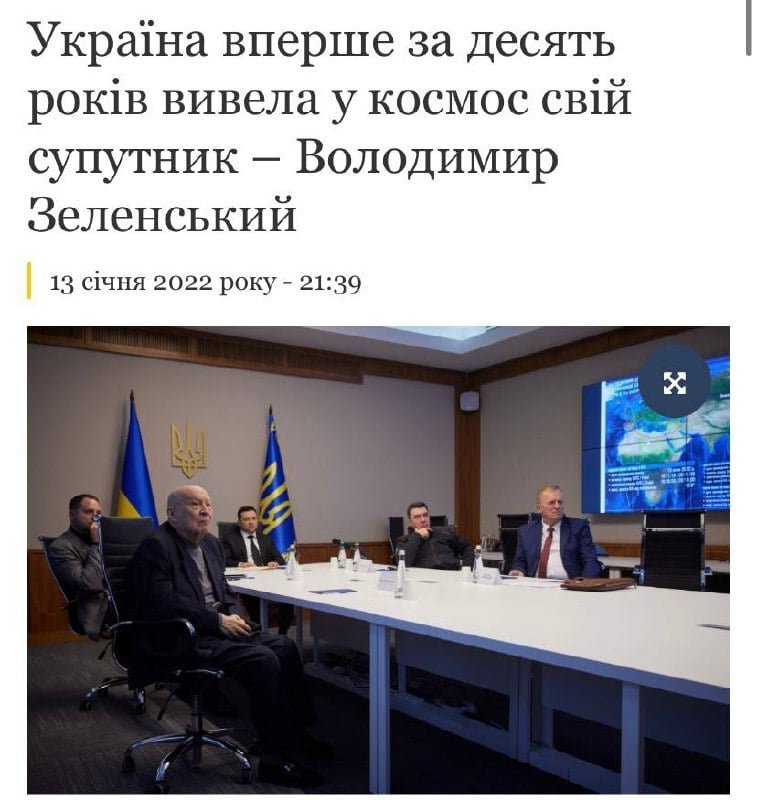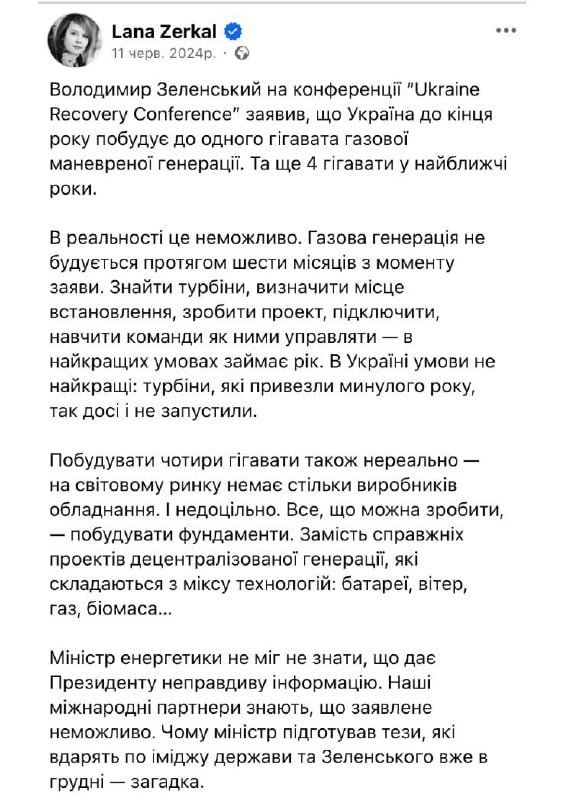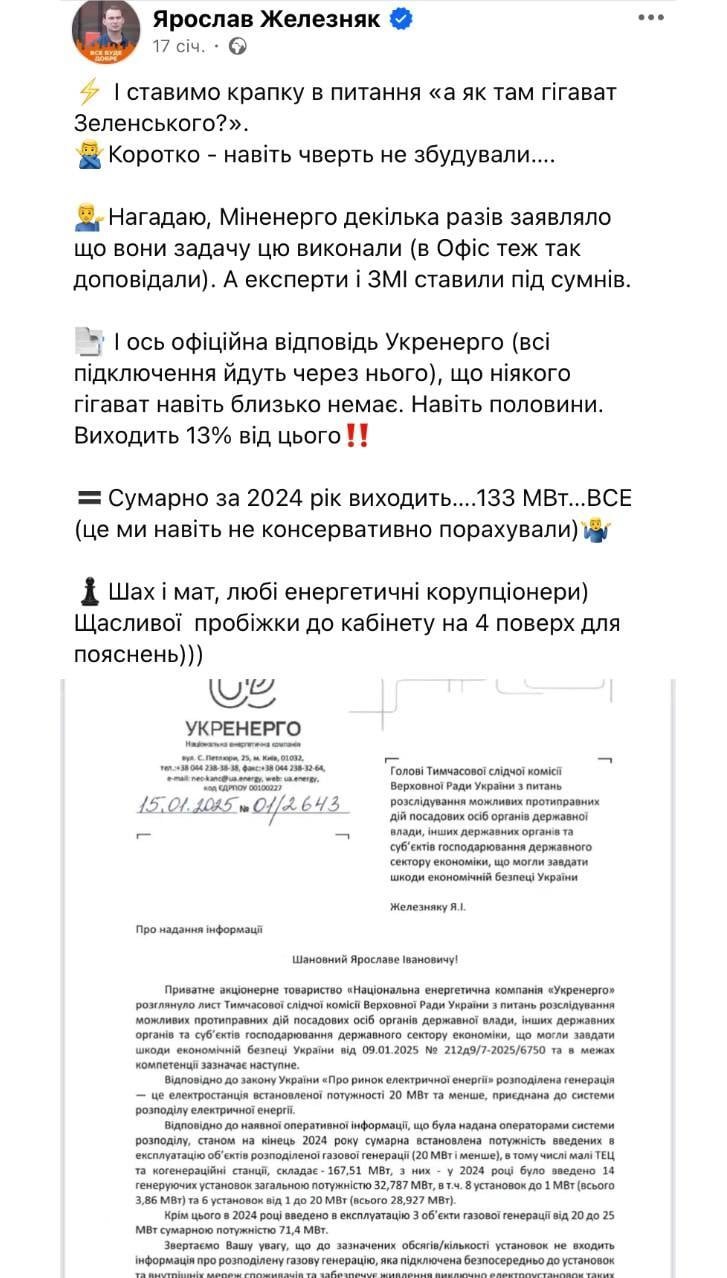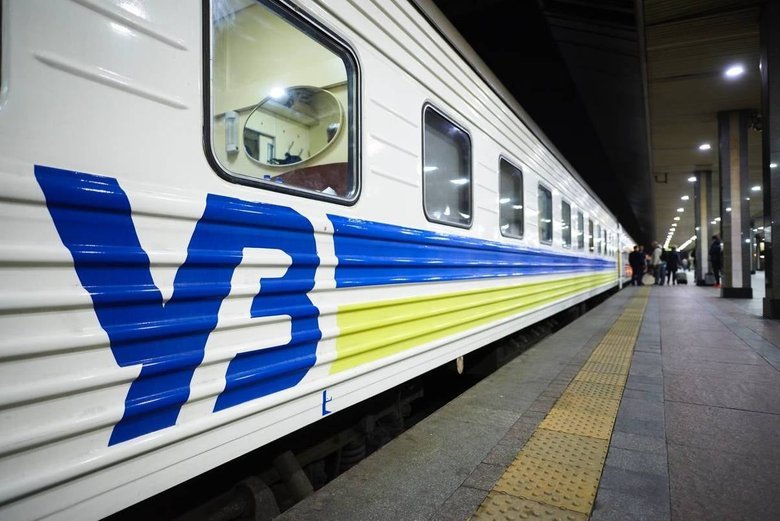Populism or necessity: how billions from state budget were spent on Zelenskyy’s programs and initiatives
Recently, President Volodymyr Zelenskyy announced a new "winter support package" for Ukrainians. In addition to the already familiar 1,000-hryvnia payment, it includes an unusual new initiative — 3,000 kilometers of free travel on Ukrzaliznytsia trains. The "UZ-3000" program has not yet been launched but has already faced criticism and accusations of populism.
While experts debate whether the idea makes sense and social media erupts with memes, Censor.NET looks back at the loud and not so loud promises, programs, and initiatives launched by President Zelenskyy and his team.
The "COVID thousand," smartphones for pensioners, the National Cashback, and other social programs
Payments during the coronavirus pandemic
The idea of giving out a one-thousand-hryvnia payment to citizens is not new and was actively used by Ukrainian politicians long before Zelenskyy came to power.
The current president also decided to show state "care and support" in the form of direct cash handouts.
In March 2020, during the first wave of the coronavirus pandemic, Zelenskyy announced an additional payment of 1,000 hryvnias for Ukrainians receiving pensions of less than 5,000. The initiative was aimed at supporting low-income elderly citizens during the lockdown.
True generosity began a little later, on December 19, 2021, when President Zelenskyy’s announced "eSupport" program was launched. It offered a one-thousand-hryvnia payment to adult Ukrainians who had received a full course of vaccination against COVID-19.
With these "COVID payments," the government hoped to kill two birds with one stone — encourage people to get vaccinated and support businesses affected by lockdown restrictions.
But it seems they may have aimed for three. In December 2021, Zelenskyy’s approval rating hit a record low. According to a poll by the Rating Group, only 23.5% of citizens supported the president at the time. In January 2022, data published by the Kyiv International Institute of Sociology (KIIS) showed that 19.8% of all respondents — and 26.2% of those who had made up their minds — would have voted for him.
Generous "goodies," it seems, are a tried-and-true tool politicians reach for when their ratings start to slide.
Ukrainians could spend their virtual "COVID thousand" on books, gym memberships, movie or theater tickets, museum visits, concerts, and train or domestic flight tickets.
Starting in January 2022, citizens aged 60 and older were allowed to use their "eSupport" funds to purchase pharmaceutical drugs.
At the beginning of the same year, the government expanded the programme to include teenagers aged 14 and older. Young Ukrainians could spend the e-Support funds on educational services, extracurricular clubs, stationery, school supplies, sports goods, and more.
In December 2021, 8 billion hryvnias were allocated from the state budget for the implementation of the eSupport programme, popularly known as "Zelenskyy's thousand".
Modern smartphones for vaccinated pensioners
On 8 February 2022, the head of state announced a new social initiative that has received a lot of criticism. We are talking about the "eSmartphone" programme.
Under this government program, vaccinated Ukrainians aged 60+ were to receive a modern phone. The project was colloquially nicknamed "yeBabusia" (Ukr. for "grandma" - ed.), "yeDidus" (Ukr. for "grandpa" -ed.), and "Babusia-phone."
"...all vaccinated Ukrainians over 60 who wish to participate will receive a free, high-quality modern smartphone and a discounted plan. This is a path to our goal, internet access for all citizens of Ukraine, a state in a smartphone for everyone, and the ability for everyone to influence state processes," Zelenskyy said when unveiling the new program at the Diia Summit.
Critics called the program financially unsound and populist. A host of questions arose immediately: how much it would cost the budget, which manufacturers’ phones would be purchased, and how many people aged 60+ actually need modern gadgets, given that this age group also includes, for example, millionaires.
At the time, the Ministry of Digital Transformation said they expected the cost per smartphone not to exceed 5,000 hryvnias.
The smartphone-distribution program for Ukrainians aged 60+ was supposed to launch in April 2022.
In the end, no pensioners actually received a device from the state.
Evidently, the idea was shelved, or at least put on hold, after Russia’s full-scale invasion began.
Economic Passport of a Ukrainian
Zelenskyy promised that every underage Ukrainian would receive funds derived from the use and extraction of Ukraine’s natural resources. This initiative was called the "economic passport".
The president’s idea was that all children born after 1 January 2019 would, upon turning 18, receive money from special accounts in a Future Generations Fund, to be replenished with rent payments for the use of Ukraine’s subsoil resources.
Zelenskyy’s initiative drew on the experience of the Gulf states and Norway, where similar funds exist. However, those funds emerged in the context of budget surpluses, in other words, excess revenues.
In Ukraine’s case, a number of analysts and financiers considered the president’s proposed program unworkable.
Nevertheless, on 6 December 2021, President Zelenskyy submitted draft law No. 6394 on the Economic Passport of a Ukrainian to the Verkhovna Rada.
The Future Generations Fund was supposed to launch in 2023. However, it appears that implementation of this initiative was put on hold due to the challenges brought by the full-scale war.
Support for individual entrepreneurs and employees during the war
In early March 2022, during the first days of Russia’s full-scale invasion, President Zelenskyy announced that every citizen of Ukraine whose ability to work had been taken away by Russia would receive 6,500 hryvnias with no conditions attached
"Our government has already prepared a special assistance program for all Ukrainians who have lost the ability to work. Now, because of the war, in areas of active hostilities, every employee, every individual entrepreneur, every one of our citizens of Ukraine whose ability to work has been taken away by Russia will receive 6,500 hryvnias with no conditions," the head of state said.
These payments were made under the "yePidtrymka" program. The Cabinet of Ministers allocated 21.45 billion hryvnias for this initiative and later provided almost 2 billion hryvnias more.
"eBook"
On December 16, 2024, a new program called "eBook" was launched in Diia at the government’s initiative to promote reading and support book publishing.
The program allows Ukrainians who turned 18 in 2024 and thereafter to receive 908 hryvnias to purchase books in Ukrainian—in print, electronic, or audio format.
In the program’s first six months, citizens of Ukraine purchased almost 300,000 books
According to data from the Ukrainian Book Institute, as of 1 July 2025, 18-year-old Ukrainians had spent over 91.5 million hryvnias on books under the programme.
"National Cashback"
On September 2, 2024, Ukraine launched a social support program called "National Cashback," which provides buyers with a 10% reimbursement of the value of Ukrainian-made goods they purchase.
Funds from "National Cashback" can be spent on utilities, healthcare, sports, and cinema, as well as donated to the Armed Forces of Ukraine or used to purchase war bonds.
Ukrainians most often used the funds to top up mobile service and pay for utilities, transport, internet, and food.
In February 2025, the government allocated another 1.6 billion hryvnias from the state budget to "National Cashback." In early June, the Cabinet of Ministers again provided funding for payments under the program—2.4 billion hryvnias from the state budget’s reserve fund.
A number of think tanks, including the Institute for Social and Economic Transformation, the Institute for Economic Research and Policy Consulting, and CASE Ukraine, concluded in their expert assessment of "National Cashback" that the program "is financially burdensome for the state budget and fairly complex to administer."
At the same time, the Ministry of Economy believed that the "National Cashback" programme could add 0.25% to GDP growth.
However, based on 2024 results, the program’s contribution to overall GDP growth was estimated at 0.001%.
And again, "Zelenskyy’s thousand"
In a video address on October 25, 2024, the president instructed the government to launch a new "Winter eSupport" program. Any Ukrainian who wished could receive one thousand hryvnias and spend it on utilities, visits to cultural venues, book purchases, healthcare and educational services, mobile communications, or transfer it to support the Armed Forces of Ukraine.
Payments began on December 1 and continued for the three winter months. Applications could be submitted in Diia or via Ukrposhta.
In total, 14.4 million citizens took advantage of the opportunity to receive the 1,000-hryvnia "winter" aid.
According to data from the Ministry of Economy, Ukrainians most often spent the funds they received on:
- Utilities — 4.9 billion hryvnias (57% of all spending)
- Telecommunications, including mobile service — 1.9 billion hryvnias
- Food service establishments — 443 million hryvnias
- Medicines — 237 million hryvnia
- Computer networks and information services — 234 million hryvnias
- Charity, including donations to the Armed Forces of Ukraine — UAH 202 million
- Books and other printed materials — 178 million hryvnia
- Rail and bus passenger transport, public transport — 120 million hryvnias
- Theatres and cinemas — 80 million hryvnia
- Postal services — 61 million hryvnia.
"The total amount spent by Ukrainians from December 10, 2024, to February 28, 2025, was 8.6 billion hryvnias out of 10.05 billion received via applications in Diia and through partner banks," the Ministry of Economy reported.
It appears that disbursing various budget payments is becoming an annual tradition, as the head of state recently announced preparations for winter support in 2025.
Citizens will once again be able to receive a one-time payment of 1,000 hryvnias, while the most vulnerable Ukrainians will have access to the "Warm Winter" program, a one-off benefit of 6,500 hryvnias.
According to Minister of Social Policy Denys Uliutin, the 2026 state budget earmarks 14.4 billion hryvnias for implementing the "Winter Support" programs.
Big сonstruction, a billion trees, a presidential university, and a gigawatt of generation
If you build, build big
Beyond social initiatives, it is worth recalling President Zelenskyy’s infrastructure projects and those of his team.
Undoubtedly, the most large-scale government program initiated by Zelenskyy was "Big Construction."
In December 2020, in an interview with The New York Times, the president explained the heavy spending on road construction by saying that "infrastructure is a showcase."
The wide-ranging program covered not only the construction and repair of roads but also schools, sports facilities, kindergartens, and the restoration of cultural sites.
In late December 2021, Zelenskyy said that over two years, more than 40% of Ukraine’s core road network had been upgraded and built under "Big Construction." In figures, that is 14,000 kilometers of roads.
One of the ambitious projects was the creation of the country’s longest highway, the M-30, which connected Stryi in Lviv region with Pokrovsk in the Donetsk region.
However, alongside the positive side of infrastructure development, "Big Construction" has a darker one as well. Ukrainians sarcastically dubbed the megaproject the "Great Steal" amid numerous corruption scandals.
If forests, then from a billion trees
Another high-profile pledge well remembered by Ukrainians was the intention to plant a billion trees in Ukraine.
President Zelenskyy announced the large-scale reforestation initiative on 7 June 2021 during his address at the "Ukraine 30. Ecology" forum.
"We have set ourselves an ambitious, yet, I am sure, achievable goal, to increase forested area by 1 million hectares over 10 years. To this end, in the next three years we want to plant a billion trees in Ukraine. I want to sign the decree launching this program right here at our meeting," the head of state said.
On the same day, the president signed a decree instructing the development of the "Large-Scale Reforestation of Ukraine" program.
However, the text of the decree contains no specific reference to a billion trees.
The programme was later renamed "Green Country". Its implementation can be tracked on the initiative’s official website.
And if the latest data are to be trusted, we are indeed steadily moving toward the ambitious goal of planting a billion trees.
"Healthy Country"
In June 2021, the presidential program "Healthy Ukraine" was launched. It targeted all age categories and population groups, with the core objective framed as "Ukrainians must live longer."
"We have launched the ‘Healthy Ukraine’ program, and I am proud of it. It envisages building 2,000 active parks across Ukraine, 10,000 sports grounds, 19 ice arenas nationwide, 100 stadiums, and 25 sports ‘magnets,’" Zelenskyy said on 11 September 2021 during events marking the 30th anniversary of the National Olympic Committee.
During the same address, the head of state said that Ukraine deserves to host the Olympic Games, while acknowledging that "this is a very difficult task."
However, due to Russian aggression, large-scale development of sports infrastructure appears to have been postponed indefinitely.
Presidential University
Another project frozen because of Russia’s aggression was the plan to establish a "Presidential University" at VDNH.
The head of state signed a decree to create the Presidential University on May 31, 2021. In June that year, the government approved the project implementation concept.
Concept of the Presidential Research University
Construction of the Presidential University over three years was estimated at 7.2 billion hryvnias, with part of the VDNH grounds in Kyiv slated for use.
The academic process at the Presidential University was expected to start on October 1, 2023, with construction of its facilities due to be completed in October 2025; however, the project was halted due to Russia’s full-scale military aggression.
Disneyland and Hollywood in Ukraine
Among President Volodymyr Zelenskyy’s large-scale ambitions were those in tourism and entertainment.
In December 2020, in an interview with the American newspaper The New York Times, Zelenskyy announced his desire to create Ukraine's own Hollywood and Disneyland.
"I would like to build a Hollywood in Ukraine, I think it’s cool… I would like Ukraine to have a Disneyland. Very much so. I truly believe our children deserve it, while not everyone can afford to fly to the United States or Paris. It seems to me we have many plans," the head of state said at the time.
For now, Ukraine has neither. Given current realities, developing the entertainment sector is clearly not a priority.
The satellite that was launched
In February 2021, President Zelenskyy promised that Ukraine would launch a satellite to monitor geospatial data.
The satellite was indeed launched, albeit not in 2021, but in January 2022.
On January 13 at 17:25 Kyiv time, a SpaceX rocket from Cape Canaveral, Florida (USA) placed the Ukrainian satellite Sich-2-30 into orbit.
The event was significant, as Sich-2-30 became the first satellite Ukraine had sent into orbit in the previous ten years.
"Zelenskyy’s Gigawatt"
On June 11, 2024, at the Ukraine Recovery Conference in Berlin, Zelenskyy announced plans to build 1 gigawatt of dispatchable gas-fired generation capacity.
"We have a clear plan to build up to 1 GW of dispatchable gas-fired generation already this year," Zelenskyy said at the time.
Energy experts immediately criticized the president’s plans as unrealistic.
For instance, diplomat and former adviser to the head of Naftogaz, Lana Zerkal, wrote that "in reality this is impossible."
She explained that "gas-fired generation is not built within six months of an announcement," and that under the best conditions it takes about a year of work.
In January 2015, Yaroslav Zhelezniak, an MP from the Holos party, said that of the planned gigawatt of distributed power generation, only 133 MW had been built, 13% of the promised volume.
At the same time, then-Prime Minister Denys Shmyhal said at a cabinet meeting on January 24, 2025, that President Zelenskyy’s plan to install 1 GW of dispatchable gas-fired generation by the end of 2024 had been fulfilled by 83%.
"UZ-3000": free train travel for everyone
Admit it: if you recall the government’s many initiatives, the "UZ-3000" program mentioned at the outset doesn’t seem all that surprising.
Rather, it quite logically complements the other programs above that have cost the budget billions of hryvnias.
But seriously and without any sarcasm, the program of 3,000 free rail trips, announced by Zelenskyy on November 1, still raises a number of questions.
First of all, who pays for such generosity? The company explained that the program is being rolled out in parallel with the start of partial compensation for the cost of passenger services.
The chairman of the board of Ukrzaliznytsia, Oleksandr Pertsovskyi, says the company does not need additional state funds to finance "UZ-3000."
According to him, free tickets will be available on non-peak dates. The costs are to be offset by revising ticket prices in the premium segment.
Another pressing question is whether this program will inflict even greater losses on Ukrzaliznytsia. To boil down a recent address in the Verkhovna Rada by Supervisory Board member Serhiy Leshchenko to two words, it was: "save the railway."
For now, the final details of the forthcoming program are still being worked out. It remains unclear whether this idea will help UZ or harm an already loss-making company.
"Assistance must be targeted; handing out money to everyone is populism."
Commenting on government assistance programs for Ukrainians, investment banker and financial expert Serhii Fursa notes that aid should be targeted.
"It all depends on the specific program. If we are talking about assistance, there should be assistance if it is targeted. That is, we have a vulnerable group that needs help more than others. We give them targeted assistance, just as with tariffs and subsidies. Gas should not be cheap for everyone; utilities should not be cheap for everyone. Prices should reflect the market, and those who need help should receive targeted subsidies. This is a universal principle the government should follow when designing any support programs," Fursa told Censor.NET.
As for programs that hand out money to everyone, the expert says "this is about inefficient use of funds and populism."
"That is not targeted assistance. It is throwing money from a helicopter at everyone. And that is why it’s a bad story," Fursa said when asked whether another 1,000-hryvnia payment under "Winter Support" would place an excessive burden on the budget of a country at war.
In addition, our interlocutor also commented on the plan to introduce free rail kilometers against the backdrop of Ukrzaliznytsia’s need for state support.
"Ukrzaliznytsia really needs help; large support programs for UZ are needed now. It is suffering from two factors: first, cheap passenger transportation, where tickets are sold far below cost; second, freight tariffs have not been raised since the start of the full-scale invasion. So one part is that the railway needs assistance, and the state must step in. It is precisely because of the state that the railway needs help, since the state does not allow tariffs to be raised and tells the railway: ‘we have a social function, to transport people, so passenger fares must be non-market.’"
"When we talk about cheap or free passenger transport, it’s rather ironic given that we say UZ suffers because it carries people below cost. And suddenly there’s a proposal to carry them entirely for free. But by the looks of it, we’ll see a very, very limited program where very few people will actually be able to use this option to travel 3,000 kilometers and that is, in fact, the right approach. In other words, the final design (of the program) will most likely make it very, very difficult to ride those 3,000 kilometers for free," Fursa believes.
Taken together, these programs, some appropriate, some not; some useful, others populist, and some outright unrealistic, resemble a train to which more and more cars of ideas, promises, and initiatives are being hitched. But can the state budget really pull them all?
Olha Herheliuk

